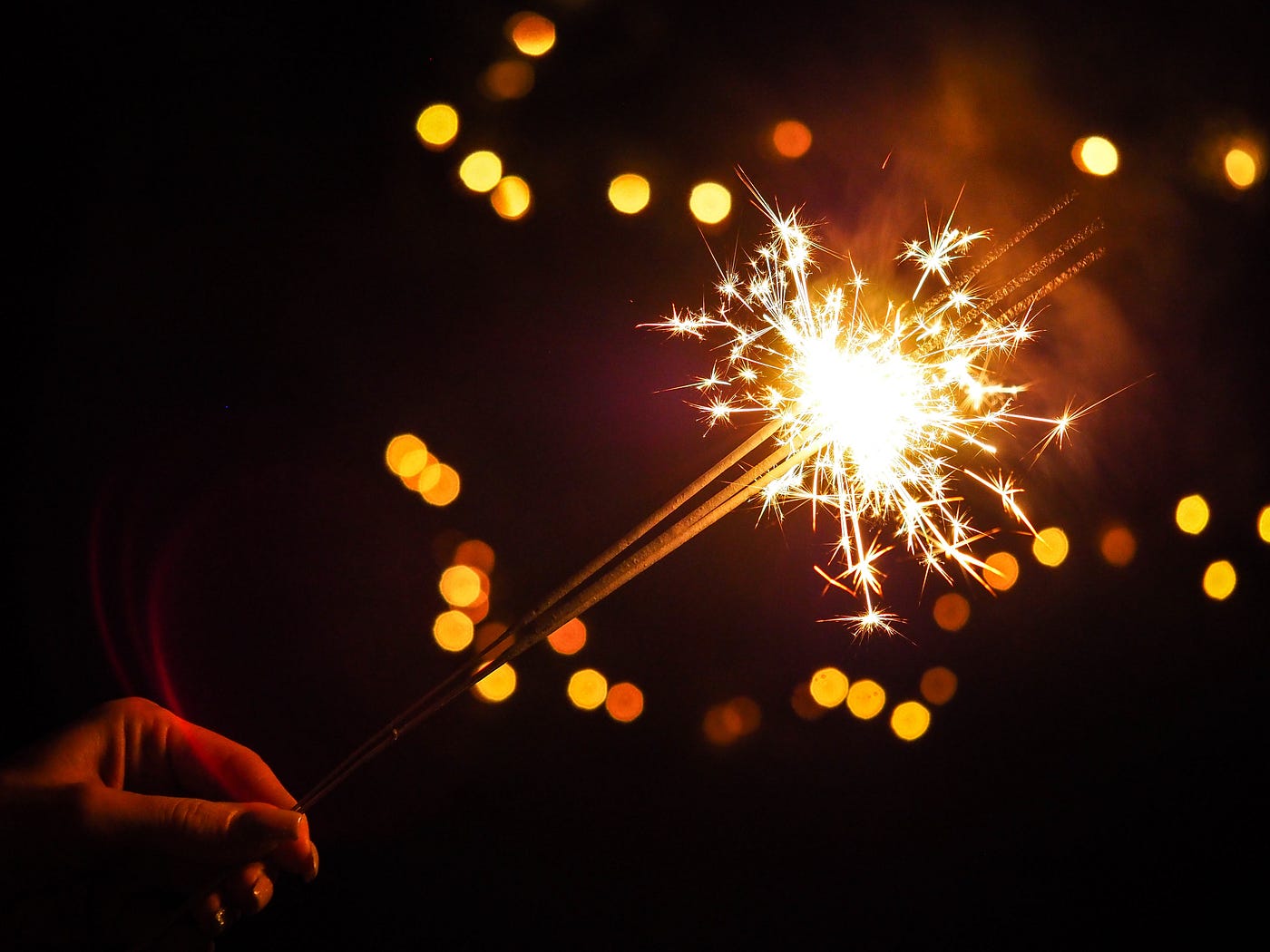Manipur’s Diwali Firecracker Ban: A Step Toward Peace and Safety
Summary
The Manipur government recently announced a ban on firecrackers in Imphal East District, just ahead of Diwali. This measure, enforced by the district magistrate, aims to prevent noise, air pollution, and disturbances to public order during the festivities. The ban restricts the sale, possession, and use of fireworks without a valid license, with violators facing legal action.
Full Article
Introduction: A Different Diwali for Manipur
Diwali is one of the brightest festivals in India, filled with lights, joy, and tradition. For many, the highlight of the celebration includes the burst of firecrackers lighting up the night sky. However, in Manipur, a new directive is bringing a shift to how Diwali will be celebrated this year. With the government’s ban on firecrackers in Imphal East District, there’s a conscious effort to protect public peace, safety, and the environment from the disturbances typically associated with firecrackers. This move is a clear response to growing concerns about the impact of fireworks on public health and safety, especially during a time when environmental awareness is becoming paramount.
Why the Ban? The Reasons Behind Manipur’s Decision
The government’s decision to ban firecrackers stems from multiple factors that affect both the residents and the ecosystem:
- Environmental Concerns: The ban aligns with the growing awareness about pollution from firecrackers. Not only do they cause noise pollution, but they also release a variety of harmful chemicals into the air, impacting air quality and contributing to smog.
- Public Safety: Firecrackers, although entertaining, come with safety risks. Every year, hundreds of cases are reported of accidents related to mishandling firecrackers, often leading to injuries and, in severe cases, fatalities. Manipur’s decision reflects a proactive approach to minimize these risks.
- Peace and Order: Firecrackers, especially at night, can disrupt the peace in residential areas. For children, the elderly, and pets, the loud noises can be distressing, leading to a more cautious and considerate approach to celebrating.
- COVID-19 Considerations: With public health still a critical concern, minimizing activities that could worsen respiratory issues is crucial. Firecrackers can exacerbate air pollution, which in turn affects individuals with respiratory ailments, including those recovering from COVID-19 complications.
How the Ban Will Be Enforced
The government has issued clear directives to ensure the ban is effectively implemented:
- Restrictions on Sale and Possession: Vendors are prohibited from selling fireworks, and individuals cannot possess or use them without a valid license.
- Legal Consequences for Violators: Violators will face penalties under the Explosives Act and other relevant regulations, signaling a strict approach to discourage the use of firecrackers.
- Public Awareness Initiatives: To ensure public cooperation, the government is also promoting awareness regarding the reasons for the ban. Understanding the harmful impacts of firecrackers on health and environment is crucial for garnering public support.
Alternatives to Firecrackers: How to Celebrate a Green Diwali
The ban doesn’t mean Diwali has to lose its spark. Here are some eco-friendly and community-friendly ways to enjoy the festival of lights:
- Focus on Traditional Lamps and Diyas: Diwali’s essence is rooted in lighting up homes and surroundings, which can be beautifully achieved with traditional oil lamps, or diyas. They provide a warm, peaceful glow without polluting the air.
- Engage in Cultural Activities: Diwali is an opportunity to connect with culture through dance, music, and other performances. Organizing or attending community gatherings can be a fulfilling alternative to fireworks.
- Plant a Tree: An eco-friendly way to celebrate could include planting trees. Communities or families could initiate a “tree for Diwali” drive, creating long-lasting positive impacts on the environment.
- Use Noise-Free Sparkles and LED Decorations: Battery-powered, reusable lights, and sparkles can be exciting without causing noise or air pollution. LED decorations are durable, and they can make your home festive and beautiful with minimal environmental impact.
Manipur’s Ban in Context: A Growing Trend Across India
Manipur isn’t alone in its approach. Cities and states across India have implemented restrictions on firecrackers, especially in urban areas where pollution levels are higher.
The National Green Tribunal (NGT) has encouraged many regions to limit or ban the use of firecrackers, especially during Diwali. This trend reflects an evolving understanding of the need for eco-friendly celebrations, prioritizing health and sustainability over tradition.
Public Response to the Ban: Mixed Opinions and Cultural Sensitivities
Predictably, the ban has sparked a mix of reactions among Manipur’s residents:
- Support from Environmentalists: Environmental advocates have welcomed the ban as a progressive move toward reducing pollution and protecting health. Many see this as an essential step for India’s future, envisioning a quieter, cleaner Diwali.
- Concerns from Traders and Local Businesses: For traders and vendors who depend on the sale of firecrackers for income, the ban has economic implications. Diwali season typically boosts sales for these businesses, so this shift may impact their profits.
- Mixed Feelings Among the Public: While some residents appreciate the peaceful change, others feel that the ban dampens the festive spirit of Diwali. The absence of fireworks may seem unusual for those who have enjoyed it as a tradition.
The Road Ahead: A Shift Toward Eco-Conscious Celebrations
With Manipur’s decision to ban firecrackers, there’s an opportunity for communities to rethink their approach to Diwali celebrations. This shift doesn’t mean Diwali has to be less joyful; rather, it encourages people to adapt to a celebration that aligns with modern environmental and safety concerns.
The path forward involves finding a balance between honoring traditions and embracing change that benefits both the community and the environment. As awareness grows, we may see more regions in India adopting similar measures, fostering a culture where sustainability and celebration go hand-in-hand.
Conclusion: Embracing a Brighter, Cleaner Diwali
Manipur’s firecracker ban ahead of Diwali is a reminder that change, though sometimes challenging, can lead to positive outcomes for society as a whole. This Diwali, residents of Imphal East District have the chance to celebrate in ways that preserve their health, protect their environment, and bring the community closer together.
Let’s embrace the spirit of Diwali by focusing on the light—both literal and metaphorical—that it brings, ensuring it shines without leaving a cloud of smoke behind.
FAQs
- Why did the Manipur government ban firecrackers for Diwali?
- The government banned firecrackers to prevent noise and air pollution, ensure public safety, and reduce health risks during Diwali.
- Who will be affected by the firecracker ban in Manipur?
- Residents, vendors, and individuals in Imphal East District who would typically buy, sell, or use firecrackers will be directly affected by this ban.
- Are there any exceptions to the firecracker ban in Manipur?
- Firecrackers may only be used by individuals who hold a valid license, but general use is prohibited.
- How will the firecracker ban be enforced in Imphal East District?
- The government has set penalties for violators, and the sale or possession of fireworks without a license is strictly prohibited.
- What are some alternatives to celebrating Diwali without firecrackers?
- Eco-friendly celebrations can include lighting diyas, decorating with LED lights, planting trees, and participating in community events.





